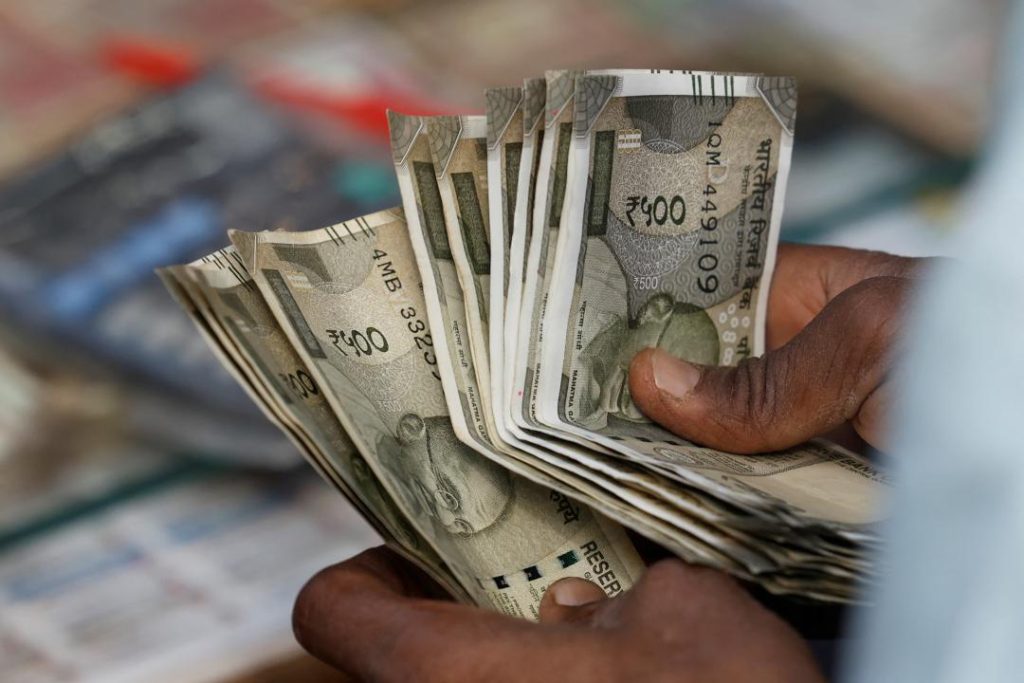
What Got Cheaper & Costlier in March as CPI Falls to 67-Month-Low of 3.34%?
In a welcome respite for Indian consumers, the country’s retail inflation, as measured by the Consumer Price Index (CPI), registered a significant decline in March 2023, falling to a 67-month-low of 3.34%. This downward trajectory is a result of a combination of factors, including a slowdown in food price growth, a decline in fuel prices, and a moderation in inflationary pressures.
According to the data released by the Ministry of Statistics and Programme Implementation, the CPI, which measures the average change in prices of a basket of goods and services, fell to 3.34% in March, down from 4.92% in February. This is the lowest level of CPI in almost five and a half years, since September 2017.
The decline in CPI is largely attributed to a significant drop in prices of essential commodities, including eggs, vegetables, and pulses. The prices of eggs, which had been rising steadily over the past few months, fell by 14.1% in March, while vegetable prices dropped by 12.1%, and pulse prices declined by 7.4%. These decreases in prices of essential food items have had a direct impact on the overall CPI, contributing to the decline in inflation.
In addition to the fall in food prices, prices of other commodities, such as spices, meat, fish, housing, recreation, and amusement, also registered marginal declines in March. However, prices of certain items, including fruits, saw a significant jump, rising by 6.1% in March.
On the other hand, prices of some essential commodities, including cereals, milk, oil, sugar, confectionery, clothing, snacks, sweets, pan, tobacco, footwear, fuel, and health and education, saw marginal rises in March. While these increases may seem small, they could have a significant impact on the overall cost of living for Indian consumers.
The decline in CPI is expected to have a positive impact on the Indian economy, which has been struggling to recover from the COVID-19 pandemic. Lower inflation rates can lead to increased consumer spending, which can stimulate economic growth and provide a boost to businesses.
The fall in CPI is also seen as a positive sign for the Reserve Bank of India (RBI), which has been grappling with the challenge of containing inflation while also supporting economic growth. The RBI has been using monetary policy tools, such as interest rates and quantitative easing, to manage inflation and support the economy. The decline in CPI could provide the RBI with more room to maneuver in its monetary policy decisions.
In conclusion, the decline in CPI to a 67-month-low of 3.34% in March is a welcome development for Indian consumers and businesses. The fall in prices of essential commodities, including eggs, vegetables, and pulses, has had a direct impact on the overall CPI, contributing to the decline in inflation. While prices of certain items, including fruits, saw a significant jump, the overall trend is positive for the Indian economy.





